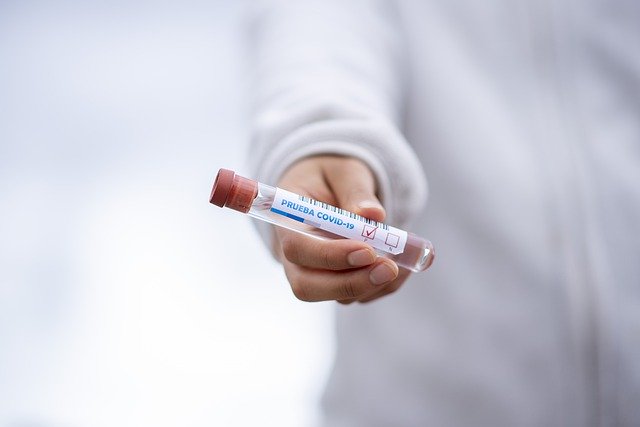As of 1pm on 30 May, the Western Cape has 8480 active cases of COVID-19, with a total of 19460 confirmed cases and 10 508 recoveries.
The Western Cape has recorded an additional 35 COVID-19 deaths, bringing the total number of deaths from the virus in the province to 472. We send our condolences to their loved ones at this time.




On Monday, learners in Grades 7 and 12 will return to school as part of a phased process. The Department of Education in the Western Cape has put in place a number of safety measures to ensure that learners and school staff are protected.
“We understand that for many parents, and teachers, there will be concern and anxiety associated with this return. The Department in the province has spent R280-million so far to procure PPE and cleaning materials including 2.4-million face masks, 7013 thermometers which will be used to screen staff and learners and schools daily, as well as millions of litres of disinfectant, hand sanitisers and soaps for cleaning and personal hygiene. Measures have been put in place to ensure social distancing in schools and the department is engaging with learner transport to ensure that this is also conducted safely. Measures have also been put in place to accommodate learners and staff with underlying illnesses which might make them more vulnerable to infection,” said Western Cape Premier Alan Winde.
According to Winde, all parties including principals, teachers and other staff are working hard to ensure the return to schools does not come with increased risk.
Parents are being encouraged to discuss the return to schools with children and prepare them for new habits including frequent hand washing and social distancing.
With the country moving to Level 3 on Monday, June 1, the province is welcoming the move due to the devastating effects the lockdown has had on local businesses.
“The move to level 3 must be carefully managed which is why the Western Cape Government’s targeted hotspot plan will continue in areas where infections are highest. This plan however requires the support and assistance of all residents of these hotspot areas and the rest of the province. With the Western Cape peak of the virus anticipated for the end of June/ beginning of July- precautionary measures must be taken by every single person to protect themselves and their loved ones,” adds Winde.
Winde mentioned concerns that between 20 and 50% of infections are asymptomatic- with the carriers unknowingly spreading the virus.
This comes after a briefing with National Health Minister Zweli Mkize and members of the Ministerial Advisory Committee last night [May 29].
Another statistic that emerged during the brief is that each infected person has the potential to infect two other people at least.
“These two people could be our elderly parents, or loved ones with underlying illnesses who have a much higher risk of becoming seriously ill. Our own behaviour can stop this from happening and can save lives. This virus is going to be with us for several more months and we need to adapt and change our behaviour. The world has changed and ‘business as usual” must become a thing of the past. We must be rigourous about hygiene and handwashing. Social distancing and wearing of masks must become second nature and we must do these things instinctively. This is how we will be able to flatten the curve and slow the spread of the virus,” concludes Winde.
Picture: Pixabay

